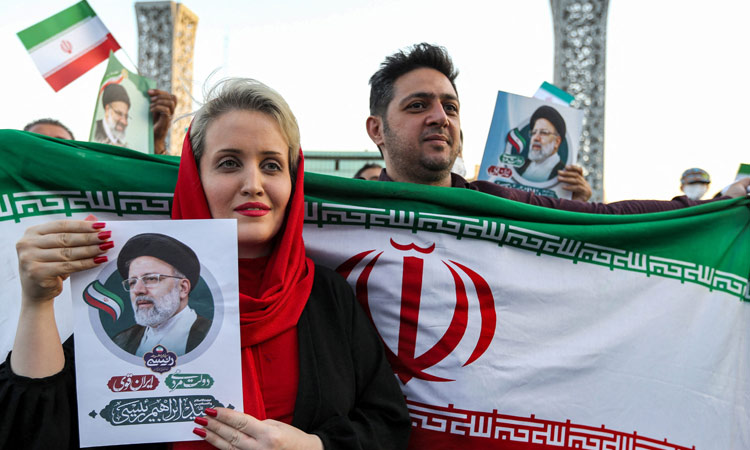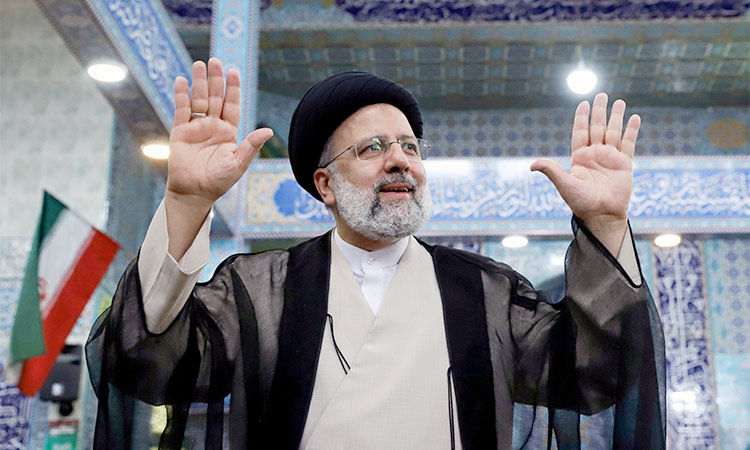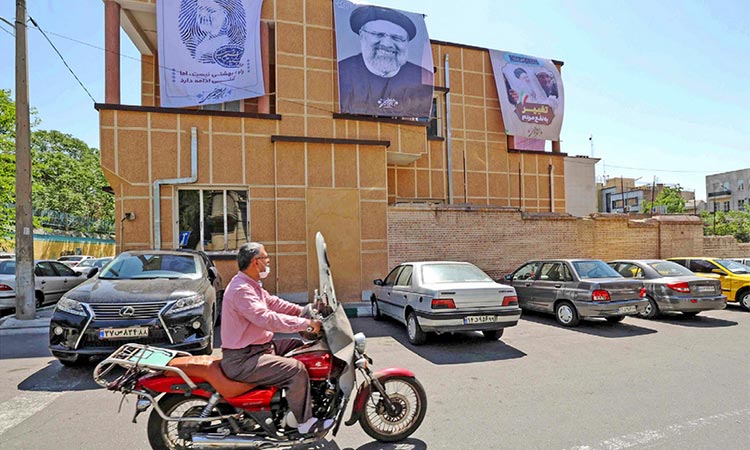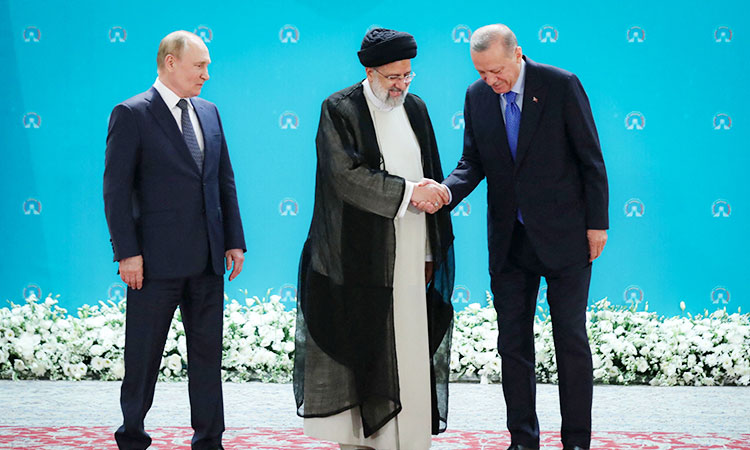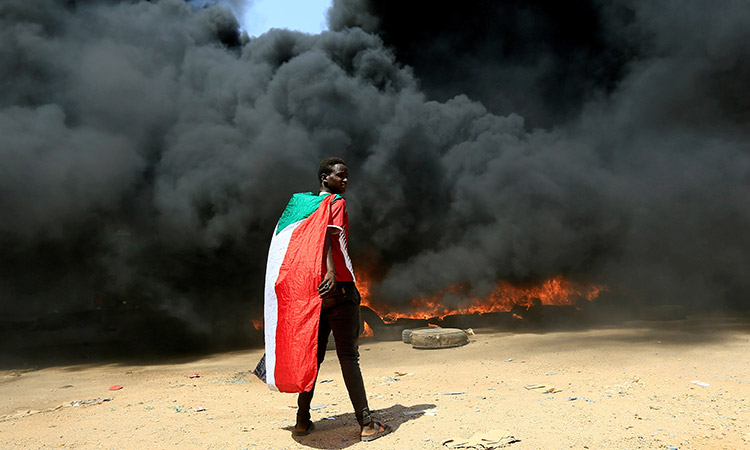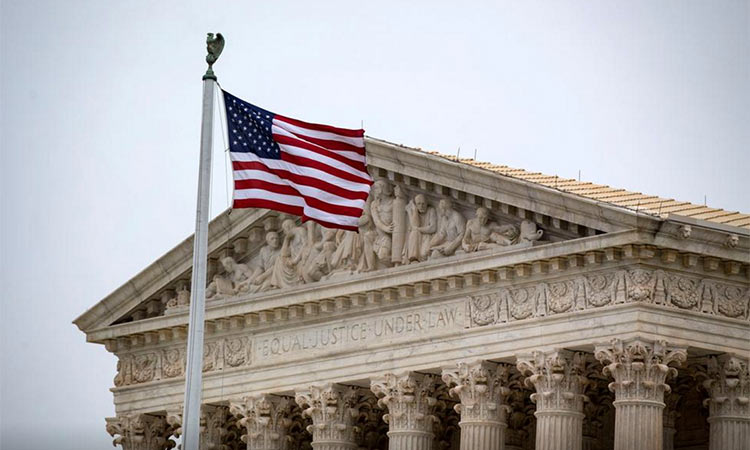The presidential race
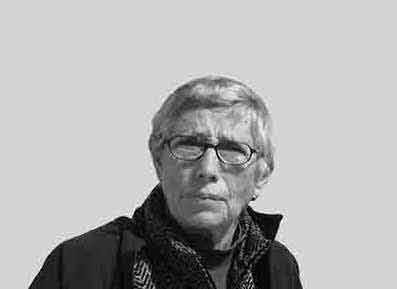
Michael Jansen
The author, a well-respected observer of Middle East affairs, has three books on the Arab-Israeli conflict.
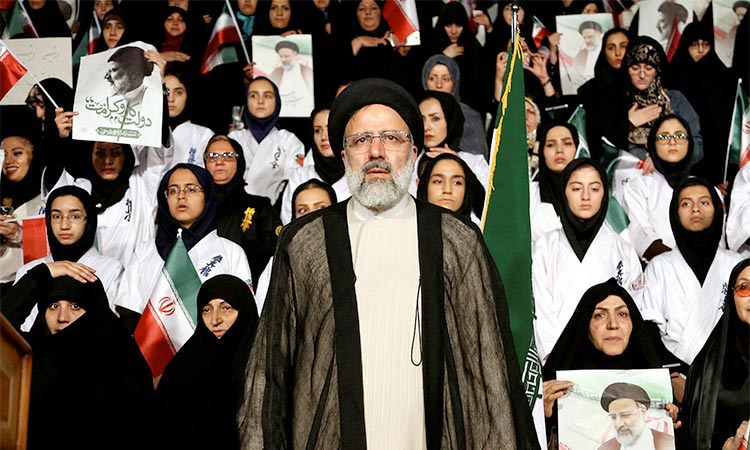
Chief Justice Ebrahim Raisi, a student and confidant of Iran’s supreme leader Ayatollah Ali Khamenei, is not only said to be his choice for the presidency but also as his successor.
Among those barred from standing were moderate conservative Ali Larijani, former speaker of parliament, and current vice-president reformist Eshaq Jahangiri who served as a minister twice and sat in parliament for two terms. After initially accepting the Guardian Council’s decision, last weekend Larijani demanded an explanation for his disqualification.
Although Iran’s supreme leader Ayatollah Ali Khamenei urged the Guardian Council to reconsider some disqualifications as they impugned the honour of key figures, he did not intervene. As Raisi is seen as his favourite among the conservatives, Khamenei did not want to see him lose to Larijani, who is a more popular politician. Khamenei did not appear concerned over the possibility of a low turn-out which could diminish the credibility of this election at a time Iran’s quas-republican regime is under major challenge.
Raisi, a student and confidant of Khamenei, 82, is not only said to be his choice for the presidency but also as his successor. Raisi has pledged to battle corruption, boost the economy and return to the 2015 deal limiting Iran’s nuclear programme in exchange for lifting sanctions.
The presidency could boost his standing as a politician but his credentials for the top could be challenged by higher ranking clerics. Raisi has risen in the Shia hierarchy to the mid-level rank of “hojat-ol-eslam” and does not have the clerical credentials to assume the office of supreme leader. He is notorious an executioner since he played a leading role in the dispatch of 5,000 opponents of the regime during a crack-down in 1988, following the end of the eight-year Iran-Iraq war. Raisi lost the presidency to Rouhani in 2017 who won by a landslide. Two years later he was appointed deputy head of the 88-member Assembly of Experts, the clerical body which chooses the country’s supreme leader.
Raisi’s most serious challenger is from the moderate duo: economist Hemmati, a civilian who has served in Iran’s banking and insurance sectors. Polls suggest Hemmati lags behind Raisi but Iranian commentators claim the outcome of the race cannot be safely predicted. In a June 9 interview with the US Associated Press agency, Hemmati said if he wins the election he would be prepared to meet US President Biden in an effort to reconcile with the US once it sends more positive signals to Iran.
“I think we haven’t seen anything serious from Mr. Biden’s side yet,” Hemmati said. “They first need to go back to the [nuclear deal] that they withdrew from. If we see progress [on this] and more confidence is built, then we can talk....”
Iranians — both politicians and citizens — do not trust the US which dominated that country’s political, financial and economic life during the reign of the shah. The US abandoned the nuclear deal in 2018 during the administration of Donald Trump and clamped down 1,500 sanctions which have pauperised the country and its people. One of the sticking points in ongoing negotiations over the return of the US to the deal is the Iranian demand for a guarantee that the US will not renege a second time if Trump or someone like him is elected to the presidency.
While Iran has repeatedly expressed readiness to return to the nuclear deal, Biden has procrastinated because of US domestic politics. The US has never forgiven Iran’s clerics for overthrowing Washington’s ally, Reza Pahlavi, in 1979 and for the Iranian students’ occupation of the US embassy in Tehran where 51 US citizens were held for 444 days, humiliating the US. Since then Iran has been demonised in the US while the US has been dubbed the “Great Satan” by Iran’s rulers and US ally Israel, the “Little Satan.” During his 12 years in office, outgoing Israeli Prime Minister Binyamin Netanyahu has done his utmost to convince the US to wage war on Iran, claiming this is the only way to prevent it from securing nuclear weapons which Iran says it does not intend to build. Israel has long been the sole nuclear-armed state in this region and wants no other country to obtain such weapons.
Since Khamenei supported the nuclear deal and has refused to withdraw from it despite major US provocations since Trump’s pull out, whoever becomes Iran’s president is expected to carry on with talks with the other remaining signatories. They are France, Britain, China, Russia, and Germany. With European Union brokerage, they are seeking to reach US recommitment and Iranian recompliance. Once this is achieved and deal-related sanctions are lifted, Iran can revive its economy and return to the international community, from which it has been excluded, at the behest of Washington, for more than 40 years.
What is needed now — and I hate to say it, is for Biden to behave like disgraced predecessor Richard Nixon who had the courage to go to China in 1972 with the aim of forging relations with the Communist government. Until Nixon’s dramatic departure from US Cold War policy, Washington regarded the US-allied Nationalists as the legitimate rulers of mainland China although the Communists had expelled them to the off-shore island of Taiwan in 1949. In 1979, President Jimmy Carter recognised and established diplomatic relations with Beijing. It is about time for Washington renew ties with Tehran.
